Rosenberg’s Delicatessen Uses Science to Bake New York-Style Bagels in Denver
20th October 2014
It only takes five ingredients to make a bagel: water, salt, yeast, malt, and flour. But Josh Pollack, founder of Rosenberg’s Bagels and Delicatessen, knows that the true secret to making a real New York style bagel involves quality, process and science.
Located alongside the 27th & Welton light rail station in Five Points, Rosenberg’s is a entrepreneurial gem in a previously abandoned historic building. The shop’s display case is stocked with tubs of homemade scallion cream cheese and buttery slabs of house-cured salmon—nothing about the word delicatessen seems to be taken lightly here. Inside his sophisticated, contemporary dining room—awash with the gold of an upholstered booth and bright, space-echoing mirrors, Pollack tells me the story of how he brought New York-style bagels to the Mile-High City.
It all began with a business plan at University of Colorado Denver—Pollack was assigned to think of a service that Denver needed but didn’t yet have. Drawing from his East Coast roots, he decided that people were missing a restaurant that provided bagels similar to those found in New York-ones that were both chewy and crunchy at the same time.
But Denver was also missing a necessary component of what makes New York bagels unique. The water in Denver just wasn’t the same, and any decent chef knows that water quality makes all the difference in a final product. So Pollack got to brainstorming: how could he access New York-style water thousands of miles away?
“The water from all municipalities contains calcium and magnesium; it’s the ratio of these minerals which determines a difference in taste” Pollack explains. “We sampled the Delaware watershed, which supplies 80% of the tri-state area’s drinking water” he adds.
Unlike other aqueducts, the Delaware watershed uses a UV filtration system which effectively kills bacteria, leaving a concentration of remaining minerals in the water which supplies New York, New Jersey and Connecticut. Pollack took about fifty different samples to Colorado State University before he landed on the perfect ratio, a number which he then employed in his own water recipe.
The food entrepreneur then shows me to the piece of technology responsible for regulating mineral levels in local water, proudly drawing attention to its security feature. “We can read the numbers on this meter, but it doesn’t say specifics so that we can protect our secret recipe” Pollack notes.
That recipe includes a scientific combination of the highest quality ingredients available. From the size of kosher salt granules to the viscosity of barley malt extract, careful attention to the nuances of every ingredient contributes to the Rosenberg result: a truly masterful bagel.
As for the entrepreneurial food space in Denver, Pollack notes that technology and hard work are necessary for sustained growth.
“Denver has the best food scene in the country right now” Pollack boasts. “San Francisco and Portland have great food scenes, but they’re near the ocean and we’re not. People work harder here, and with that comes a better product.”
To exemplify such a statement, he tells me that he has just received a fresh batch of fish this morning, despite the fact that Denver is quite a distance from any ocean.
Pollack works with Sea to Table, a company that connects local, small-scale fishermen to chefs across America. Equipped with satellites, fishing docks from Alaska to the Gulf Coast maintain direct contact with Sea to Table, who then updates a daily “landing page” with detailed information about the available catch of the day. Chefs can then log onto their email and choose what they would like shipped to their restaurant each day.
”I don’t come from a food background, but I know that being an entrepreneur means you’ve got to be all in—you have to be 100% devoted” says Pollack. He credits Denver’s collaborative community of chefs with the city’s successful food sphere. Now, food that was once geographically specific can be offered everywhere.
Says Pollack, “technology is helping the world become a smaller place.”
by Michelle Polizzi
2 Notes
- sea2table reblogged this from innovatorspeak
- mattedscreen reblogged this from innovatorspeak and added:
bagels… now I am hungry
 innovatorspeak posted this
innovatorspeak posted this
